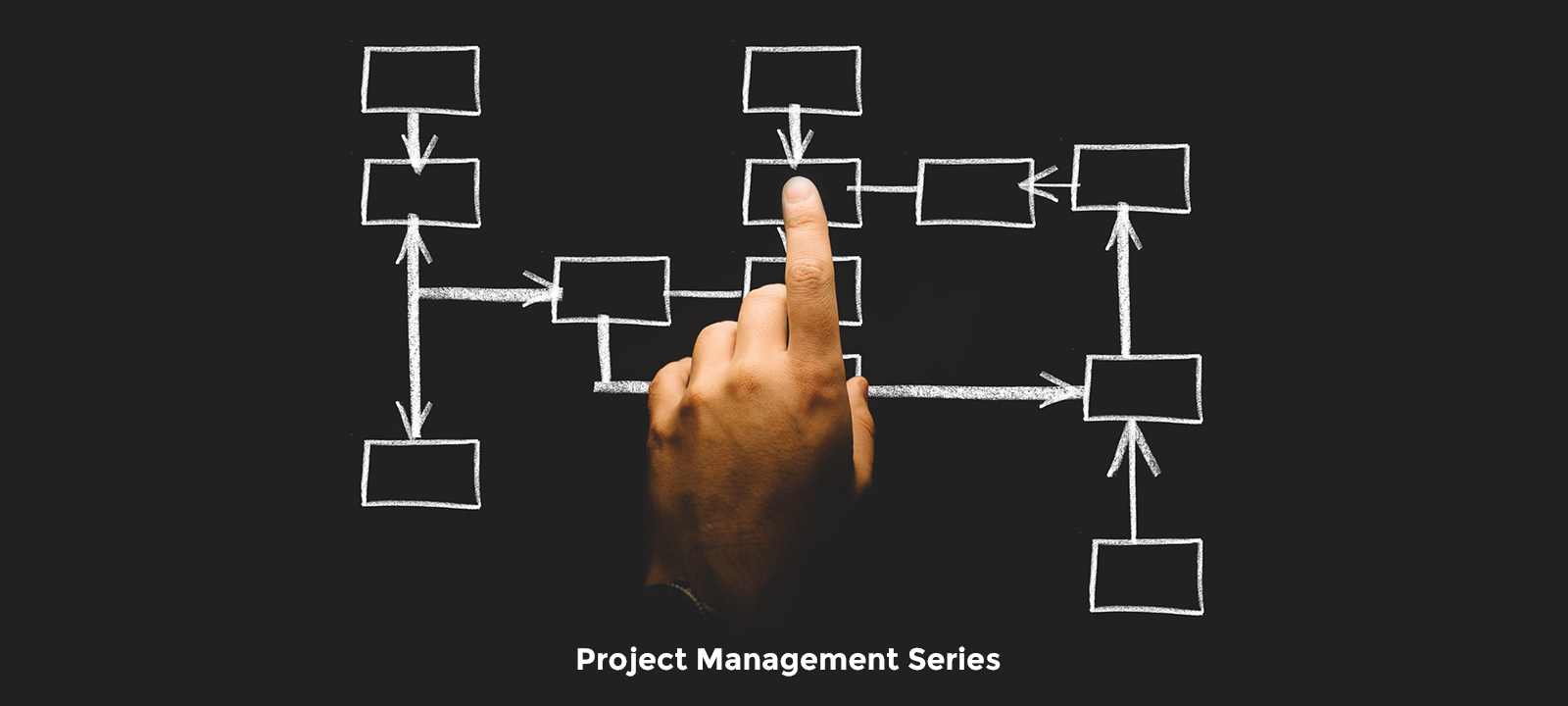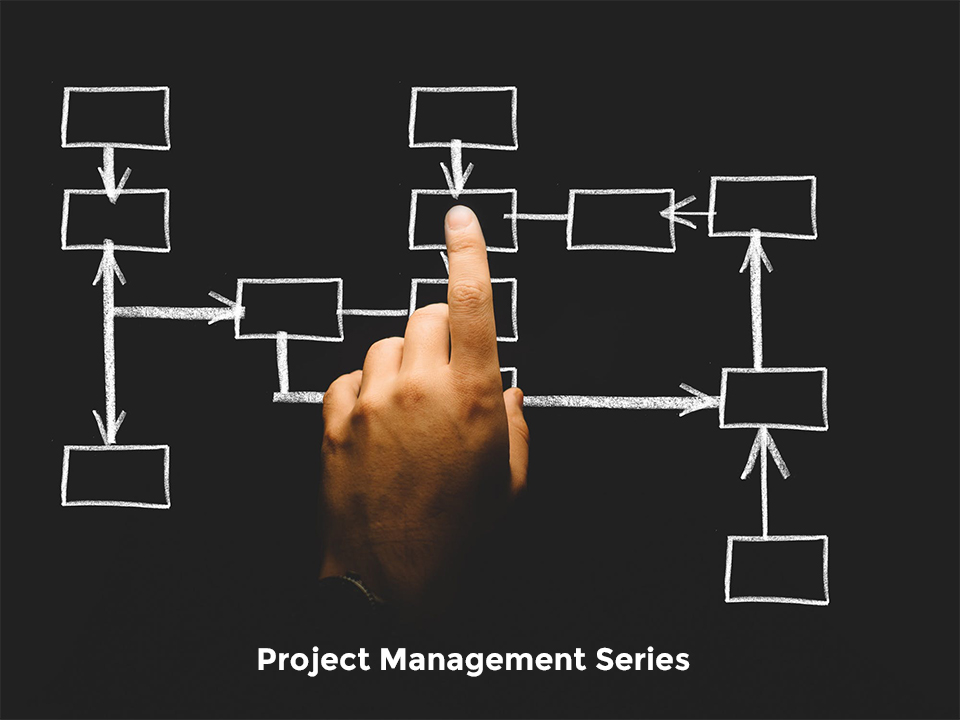
The Difference between Operations and Projects
Operations are ongoing processes that are routine in nature, whereas we can say, managing projects is a complimentary discipline. It helps you to manage your projects systematically. Both projects and operations are performed by people. They are planned, executed, monitored and controlled and have a limitation on resources, yet there is a distinct difference.
A project is a temporary endeavor to create a unique product, service, result or a solution. Temporary essentially means it has a definite beginning and end. Meaning, once it is delivered, the project ends. The end of the project is achieved when the objectives of the project are met. Temporary does not mean short-term, though. Projects could be of mammoth scales when we speak of cleaning the river Ganga, sending a spaceship to Mars or running a bullet train, on the other hand buying a television or a car or a get – together for the wedding anniversary could also be a project. In each of these cases, the output is unique and it is governed within a framework of the defined scope of activities, has a cost that is – a fixed budget and a definite timeline.
Operations are ongoing and permanent endeavors to produce long-term, repetitive outputs. Ongoing activities are repetitive processes that will produce the same result or a product again and again. There will be a set of tasks with a standard output in the life of a product. Operations are aimed at running processes efficiently to generate profits for the business.
Let us say that in a particular model of a car there could be many projects to improve this model, like improving its efficiency, features, shape or design. These projects will be executed and completed and the changes through this project will become a part of the car. Meaning, the projects will come and go, whereas the production of the car continues as usual with the refinement through these projects being absorbed in the product as and when these projects are delivered.
Therefore projects and products will interact with each other at specific points in a product’s lifecycle.
Sonali P Deshpande
31st Aug 18
Founder – SpringBoard Mentors
About the Author – Graduate Civil Engineer (VJTI Mumbai), Post graduate in Projects Management (NICMAR Pune) ,Contracts Management certification (NICMAR Pune) , Workplace Safety certification (NEBOSH UK) – 25 years of comprehensive experience in Construction , Projects Management , Contracts Management , Safety Management , training.

